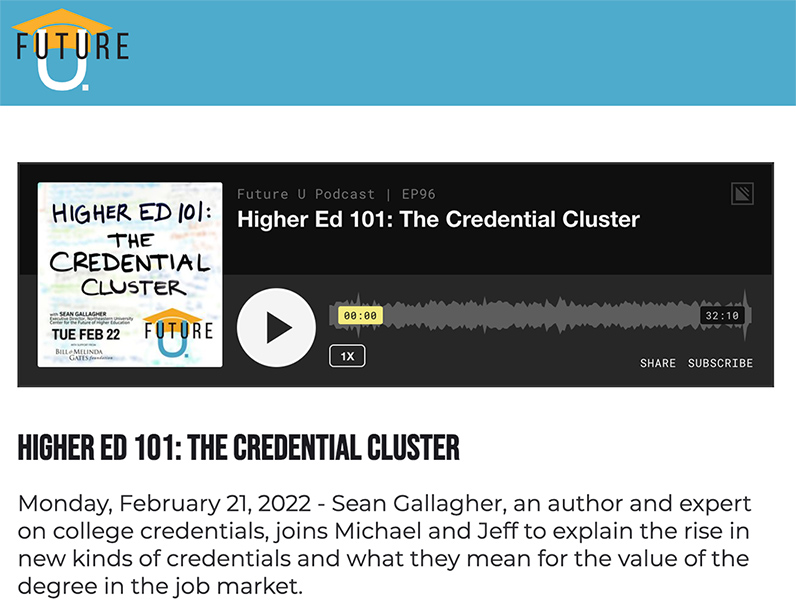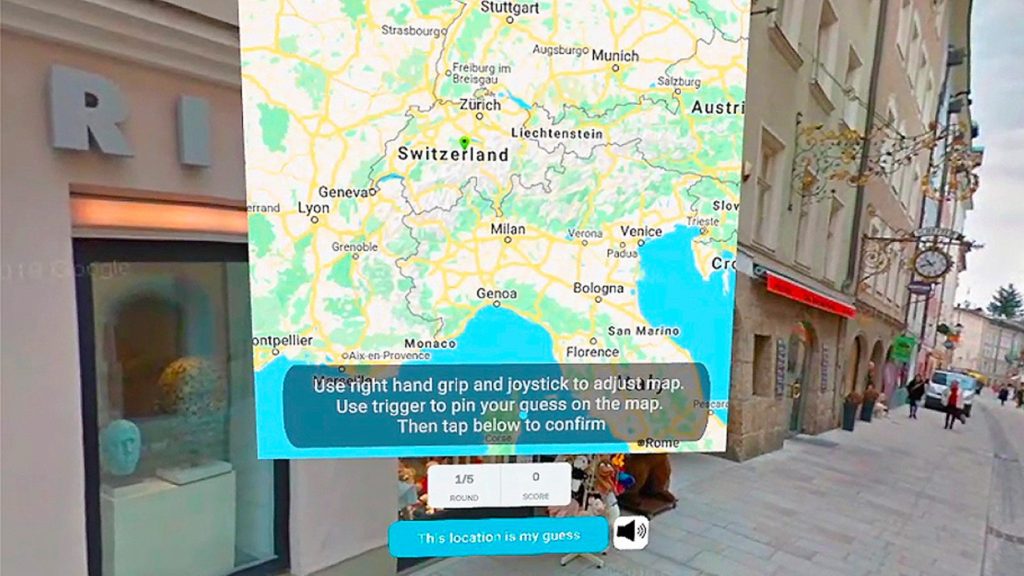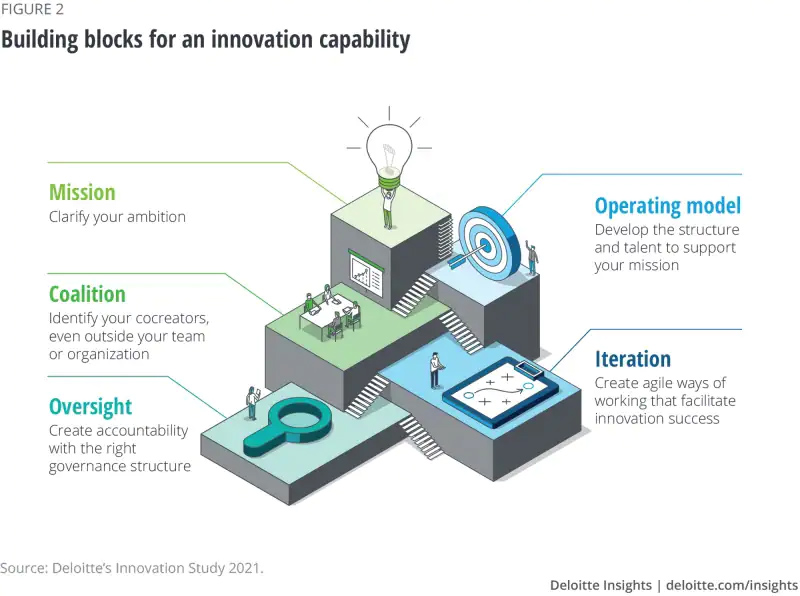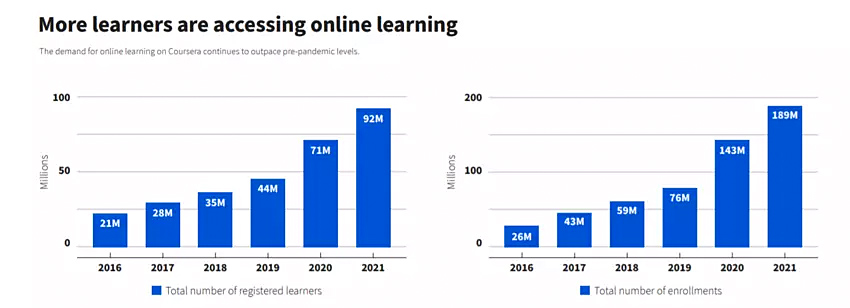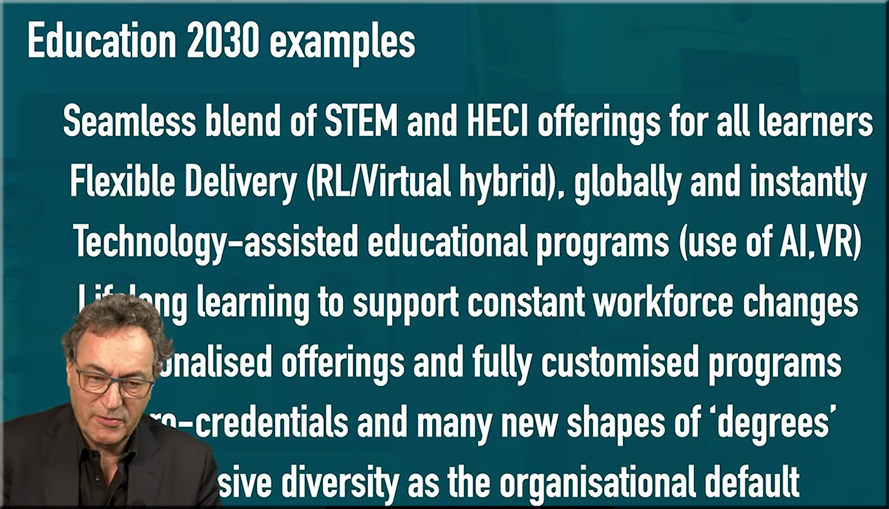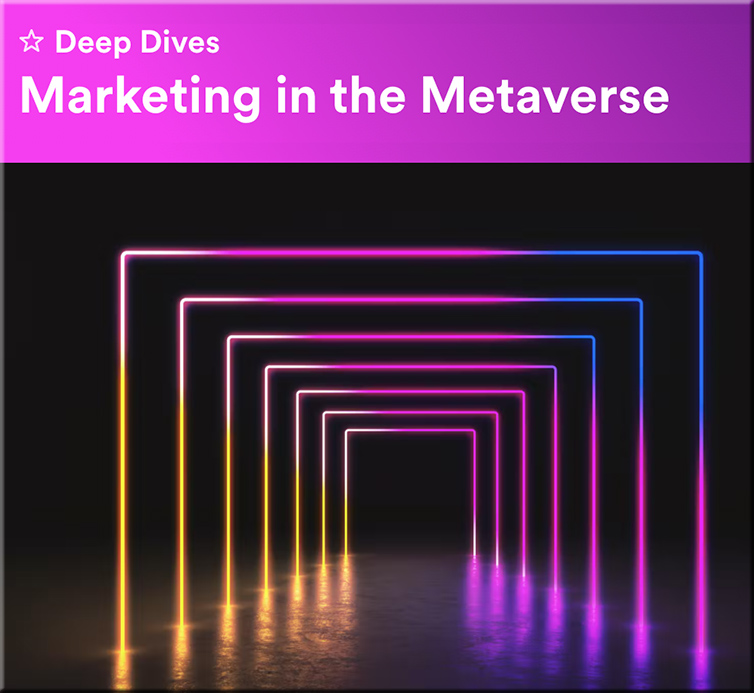Utah’s Certified Advocates Partners Program Made Possible by Regulatory Sandbox — from iaals.du.edu by Maddie Hosack
Excerpt:
In Utah, victims of domestic violence and stalking no longer have to navigate the process of obtaining a protective order alone.
For individuals who cannot afford or otherwise don’t want to hire a lawyer, victim advocates are able to tell victims which protective order to apply for, how to correctly fill out forms, and what they should expect in court. This legal advice was solely the purview of lawyers before Utah’s regulatory sandbox opened, and fortunately, victim advocates are now permitted to provide this critical help.
Text-Message Reminders from Courts Could Become the Norm in Colorado — from legaltechmonitor.com by Maddie Hosack
Remote Work Helps Law Firms Recruit And Retain Talent — from abovethelaw.com by Jordan Rothman
Even attorneys who have worked in the legal profession for years or decades may not wish to apply for a job with strict in-person work expectations.
Why Practice Management Software Is Now Table Stakes For Law Firms — from abovethelaw.com
You, too, can be working less and making more. Here’s how. In this episode, Jared Correia welcomes five guests to discuss case management software in the legal space: Joshua Lenon from Clio, Dr. Cain Elliott from FileVine, Matt Spiegel from Lawmatics, Tomas Suros from AbacusNext, and Karrtik Rao from Moxtra.
Excerpt:
The group discusses the most compelling feature-based arguments for adopting case management software (8:09). Then, they talk about how law practice management better connects lawyers and staff (19:38). They also cover how law practice management software can implement lead management features (27:31), before finishing up by reviewing how case management software can be used to leverage workflows (30:46).
The DOJ’s new crypto enforcement team has a boss — from protocol.com by Benjamin Pimentel
Veteran prosecutor Eun Young Choi will lead the National Cryptocurrency Enforcement Team









